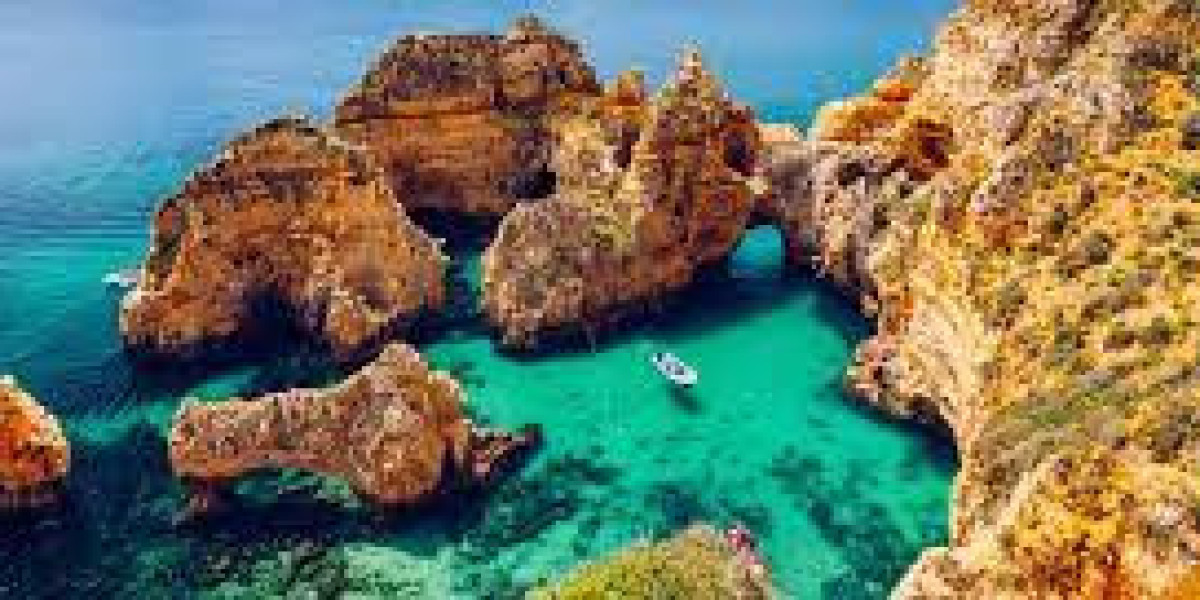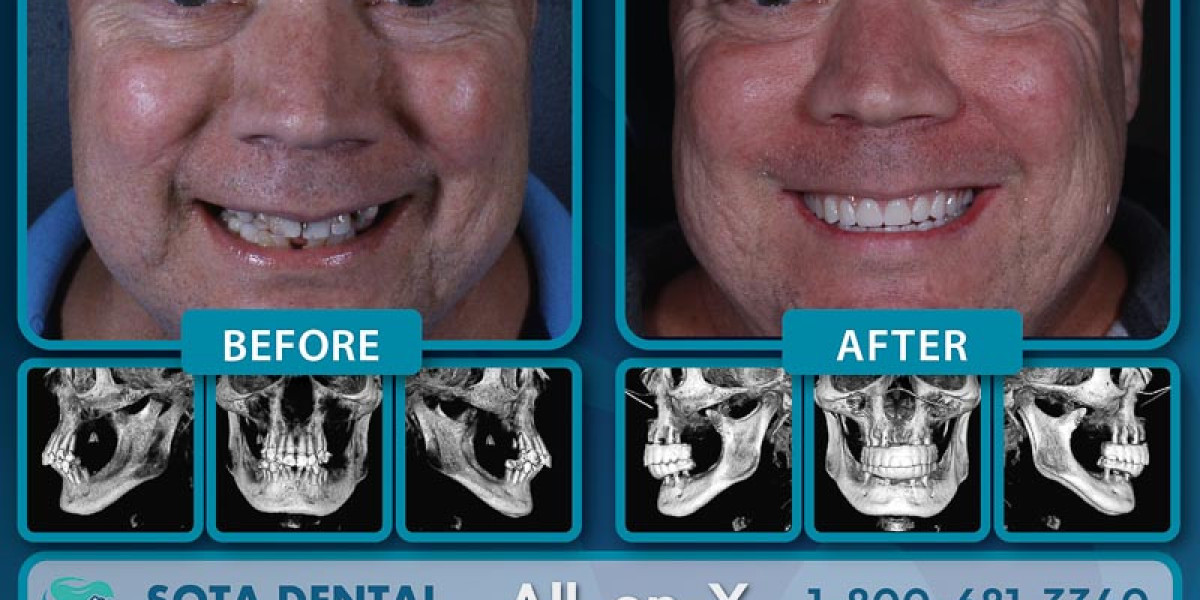The Algarve travel guide , located in the southernmost region of Portugal, is known for its stunning beaches, charming towns, and diverse landscapes. It’s a destination that offers something for every type of traveler—whether you’re seeking sun-soaked beaches, outdoor adventures, rich cultural experiences, or simply a peaceful retreat. In this comprehensive travel guide, we’ll cover the best things to see, do, and explore in the Algarve, from the must-visit towns to the hidden gems along its coastline.
Getting to the Algarve
The Algarve is easily accessible by air, train, or car:
- By Air: The region’s main airport is Faro Airport (FAO), located about 7 km from Faro. It serves both international flights and domestic routes, with airlines offering direct flights to and from major European cities.
- By Train: The Algarve is well-connected by rail, with trains running between Lisbon and the towns of the Algarve. Faro is the major train hub, offering easy connections to other towns.
- By Car: Renting a car is highly recommended, especially if you plan to explore the more remote beaches and picturesque villages. The Algarve has well-maintained highways, and driving is a great way to soak in the views.
Best Time to Visit the Algarve
The Algarve enjoys a Mediterranean climate, characterized by mild winters and hot, sunny summers. The best time to visit depends on your preferences:
- Spring (March to May): The weather is mild and pleasant, with fewer tourists. The landscapes are lush, and it's an ideal time for outdoor activities like hiking and sightseeing.
- Summer (June to August): Summer offers warm temperatures, clear skies, and plenty of sunshine, making it perfect for beach lovers and those looking for a lively atmosphere. However, it’s also the peak tourist season, so expect crowds.
- Autumn (September to November): With mild temperatures and fewer crowds, autumn is one of the best times to visit. The beaches are still warm, and the region's vineyards are in harvest, making it perfect for wine lovers.
- Winter (December to February): Although it’s the off-season, the Algarve enjoys mild winters compared to other parts of Europe. This makes it an ideal choice for those looking to escape cold weather and enjoy quiet, peaceful surroundings.
Top Attractions in the Algarve
1. Stunning Beaches
The Algarve is home to some of Europe’s most beautiful beaches, ranging from long sandy stretches to secluded coves. Popular beaches include:
- Praia da Marinha: Known for its dramatic cliffs and crystal-clear waters, this beach is often considered one of the most beautiful in the Algarve.
- Praia dos Pescadores: Located in Albufeira, this beach is perfect for families, with golden sands and calm waters.
- Praia do Amado: A surfer’s paradise, with consistent waves and a rugged natural setting.
- Ilha de Tavira: A pristine, unspoiled island with a peaceful atmosphere, perfect for a day trip by boat.
2. Historical Towns and Villages
The Algarve is rich in history, with charming towns that showcase traditional Portuguese architecture, culture, and cuisine. Must-visit towns include:
- Faro: The capital of the Algarve, Faro offers a glimpse of Portugal's past with its Roman ruins, medieval walls, and the eerie Bone Chapel.
- Lagos: A beautiful town with cobblestone streets, historical forts, and stunning coastal views. Visit Ponta da Piedade for breathtaking cliffs and caves.
- Albufeira: Famous for its vibrant nightlife, beautiful beaches, and historic Old Town. It’s ideal for those looking for a mix of relaxation and entertainment.
- Tavira: A picturesque town known for its Roman bridge, charming streets, and serene atmosphere.
3. Natural Wonders
The Algarve’s landscapes are as diverse as its beaches, with stunning natural parks, cliffs, and caves:
- Ria Formosa Natural Park: A UNESCO-protected wetland, perfect for birdwatching, kayaking, and walking tours.
- Monchique Mountains: Offering panoramic views of the Algarve and lush green landscapes, this area is perfect for hiking and nature lovers.
- Ponta da Piedade: Located near Lagos, these iconic cliffs and rock formations are a must-see. Explore them by boat or walk along the cliffside trails.
4. Boat Tours and Caves
No trip to the Algarve is complete without exploring its coast by boat. Discover hidden caves, grottos, and coves on a boat tour. Popular options include:
- Benagil Cave: One of the Algarve's most famous natural landmarks, this sea cave is accessible by boat and features a stunning natural dome.
- Dolphin Watching: Head out on a boat tour to spot playful dolphins in the wild along the Algarve’s coast.
5. Wine and Culinary Delights
The Algarve is home to a growing wine industry, and a visit to one of its many wineries is a must for wine lovers. The region’s food scene is also not to be missed:
- Seafood: Algarve is famous for its fresh seafood, including grilled sardines, octopus, and clams.
- Cataplana: A traditional seafood stew cooked in a copper pot, often made with fish, shellfish, and chorizo.
- Algarve Wines: Taste local wines at vineyards like Quinta do Francês or Adega do Cantor.
Things to Do in the Algarve
1. Outdoor Activities
With its stunning landscapes and mild climate, the Algarve is perfect for outdoor activities:
- Hiking: There are many scenic hiking trails in the Algarve, especially in the Monchique Mountains and along the coastline.
- Golf: The Algarve is home to several top-notch golf courses, including the Vale do Lobo and Quinta do Lago courses.
- Water Sports: The Algarve’s beaches are perfect for surfing, paddleboarding, and kayaking.
2. Visit a Spa or Wellness Center
For relaxation and rejuvenation, visit one of the Algarve’s luxurious spas. Many resorts, like Vila Vita Parc and Conrad Algarve, offer world-class spa treatments, yoga retreats, and wellness experiences.
3. Explore the Markets
Visit the local markets to experience the region’s vibrant culture and pick up souvenirs:
- Faro Municipal Market: A lively market selling fresh produce, seafood, and local goods.
- Lagos Market: Another great market, offering everything from fresh fruits to handmade crafts.
Where to Stay in the Algarve
The Algarve offers a wide range of accommodations, from luxury resorts to cozy guesthouses. Here are some of the best options:
- Luxury Resorts: For those seeking the ultimate in comfort and relaxation, resorts like Vila Vita Parc and Conrad Algarve offer five-star accommodations and top-notch amenities.
- Boutique Hotels: Towns like Lagos and Tavira are home to charming boutique hotels that offer a more intimate experience.
- Airbnb and Villas: If you’re looking for privacy and flexibility, renting a villa or an Airbnb is a great option. Many properties come with pools, outdoor spaces, and easy access to local attractions.
Practical Tips for Traveling in the Algarve
- Rent a Car: Renting a car is one of the best ways to explore the Algarve, especially if you plan to visit less accessible areas.
- Pack Light: The Algarve’s sunny weather means you can pack light, with essentials like sunscreen, sunglasses, and comfortable shoes for exploring.
- Currency: Portugal uses the Euro (€), so make sure you have some cash on hand, although most places accept credit cards.
- Language: Portuguese is the official language, but many people in the Algarve speak English, especially in tourist areas.
Conclusion
The Algarve is a beautiful and diverse destination that offers everything from pristine beaches and outdoor adventures to rich cultural experiences and mouthwatering cuisine. Whether you’re looking to relax on the beach, explore charming towns, or discover natural wonders, the Algarve has something for everyone. So pack your bags and get ready to enjoy the sun, sea, and stunning landscapes of one of Europe’s most beloved holiday destinations.



